How ‘messenger’ Switzerland deals with the US and Iran
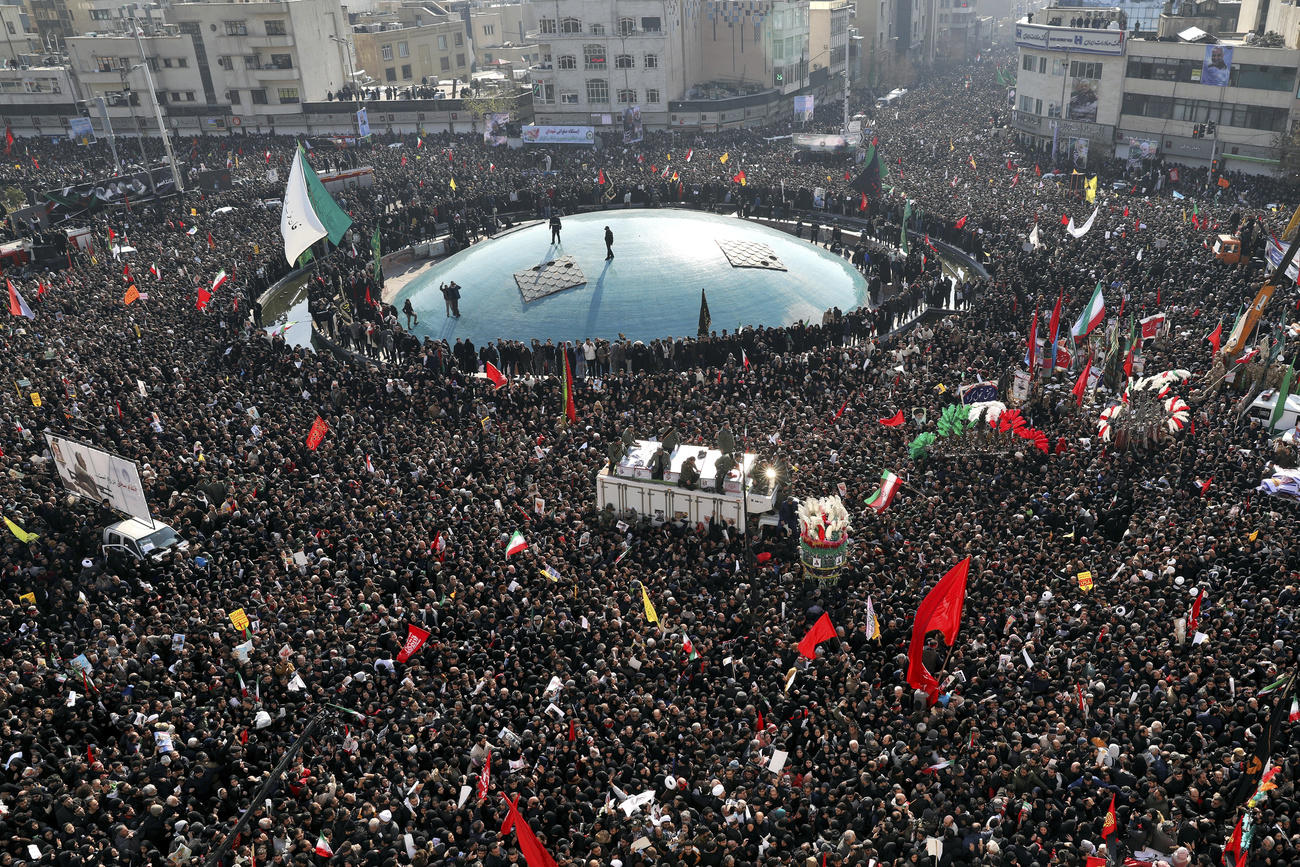
As tensions rise between the United States and Iran, Switzerland’s role as intermediary between the two countries has returned to the spotlight. But why is neutral Switzerland getting involved?
On Sunday the Swiss envoy representing US interests in Tehran was summoned by Iranian authorities in protest over threats made by US President Donald Trump on Twitter. Trump said the US would target Iranian sites if Tehran attacked American citizens or assets in retaliation for the killing of military commander Qasem Soleimani.
Iran has threatened revenge after the US confirmed on Friday that Trump had ordered the strike against the head of the Iranian elite Quds force.
The Swiss foreign ministry confirmed a meeting had been held “under the protective power mandateExternal link” and said the contents of the discussion were “confidential”.
Switzerland has exercised a protecting power mandate for the US in Iran since 1980. Washington broke off relations with Tehran in 1980 over the hostage crisis that kept 52 American diplomats and citizens trapped at its embassy in Iran for 444 days.
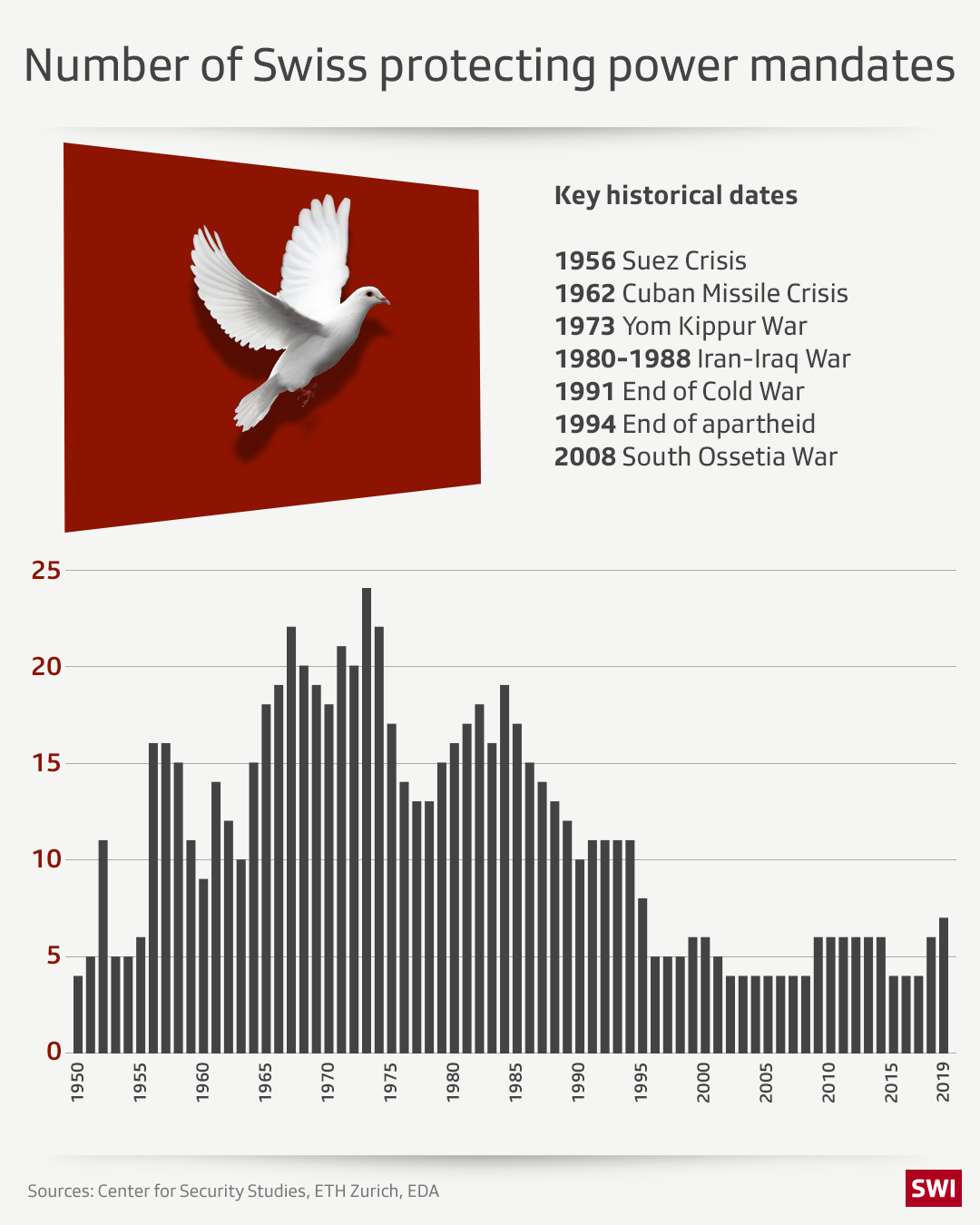
What is a protecting power mandate?
“When two countries declare war against each other, the first thing they do is break diplomatic relations. That’s the silliest thing they can do – but that’s what always happens,” Philippe Welti, a retired former Swiss ambassador to Iran, told swissinfo.ch in 2013.
“As soon as two countries break diplomatic relations, the need to look after relations becomes more urgent since you’re not doing it yourself. You need a third party to do it and since Switzerland was not party to any of the battles in the 1940s, it was seen as particularly appropriate to ask the Swiss to look after various interests.”
This is still the case the foreign ministry explainsExternal link. “Switzerland can build bridges where others are prevented from doing so, because it does not belong to any power bloc and does not pursue a hidden agenda”.
This bridge-building takes the form of good officesExternal link and protecting power mandates, which the ministry says “refers to all diplomatic and humanitarian initiatives by a third country or a neutral institution whose purpose is to resolve a bilateral or international conflict or to bring the parties to the negotiating table”.
In practice, this means being a communication channel, in other words a messenger or postman. Welti said three conditions were necessary for success. “It has to work technically, so every hour of the day and night messages should be able to pass through it. Also, it has to be completely confidential.”
He adds that lastly, “it has to be completely unbiased and loyal to the message – because when it’s an oral message there’s always the potential for the third party to change it. Nothing of me should be in the message.”
Long tradition
The “golden period” for so-called protecting power mandates was during the Second World War: by 1943-44, Switzerland was juggling 219 mandates for 35 states.
The Cold War also resulted in demand for Swiss services, with 24 mandates held in 1973. Since then, however, the number of mandates has dropped. The country currently exercises seven protecting power mandates: Iran in Egypt, the US in Iran, Russia in Georgia, Georgia in Russia, Iran in Saudi Arabia, Saudi Arabia in Iran and since June 2019 Iran in Canada.
Switzerland can either offer to act as a go-between on its own initiative or can fulfil this function at the request of the parties concerned, provided that all those involved agree.
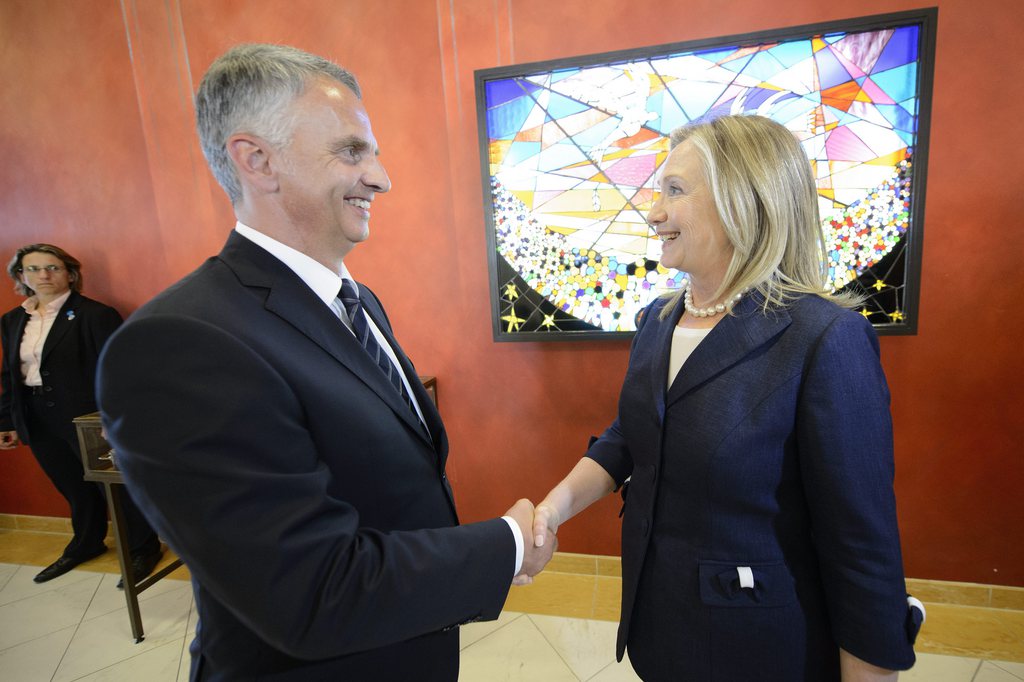
More
Adjusting to the changing face of conflicts

In compliance with the JTI standards
More: SWI swissinfo.ch certified by the Journalism Trust Initiative









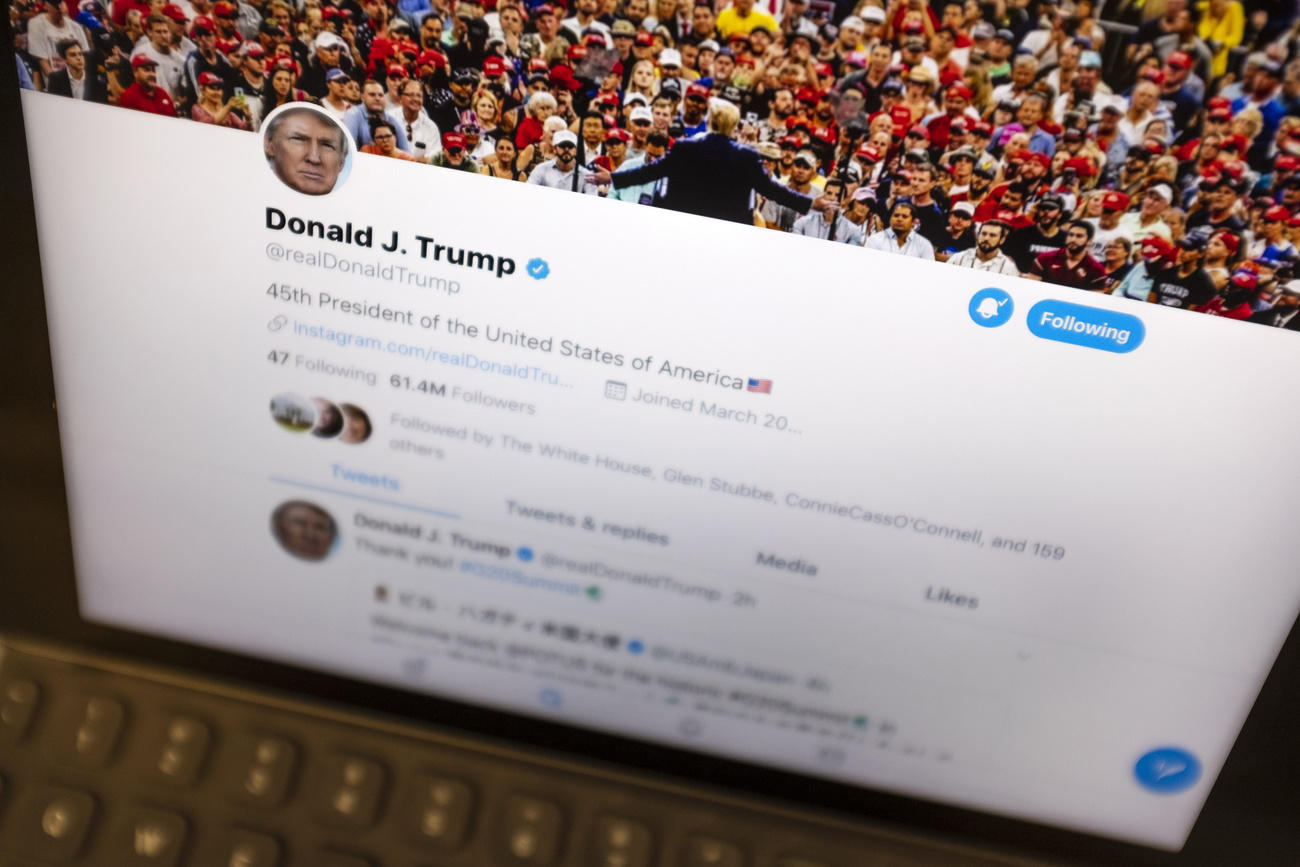
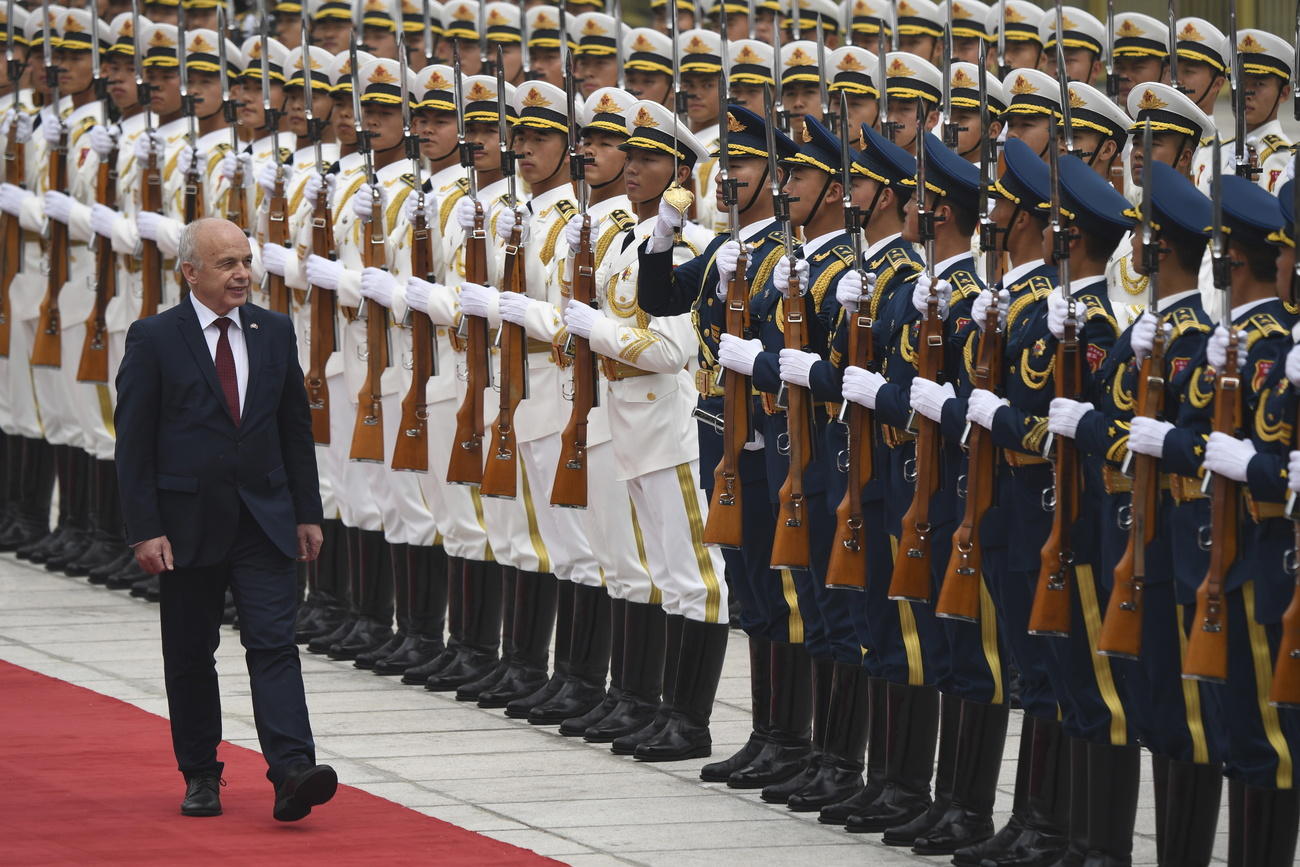
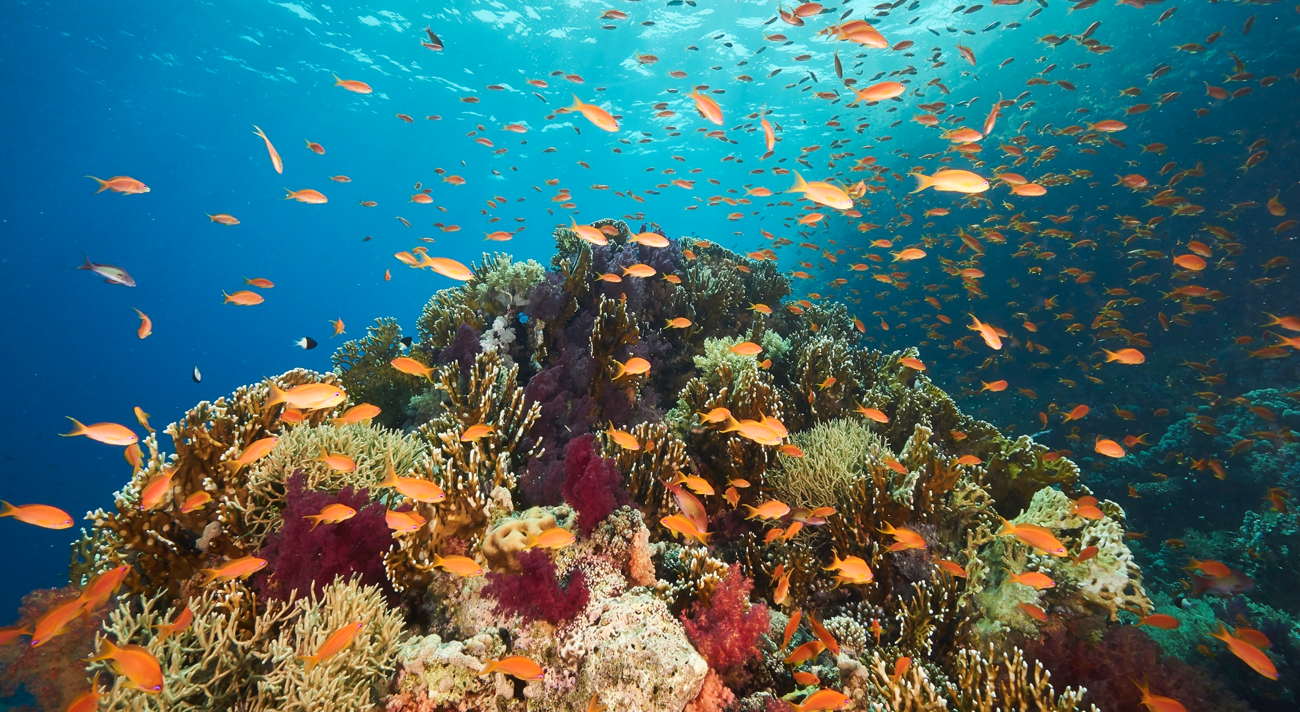

You can find an overview of ongoing debates with our journalists here . Please join us!
If you want to start a conversation about a topic raised in this article or want to report factual errors, email us at english@swissinfo.ch.